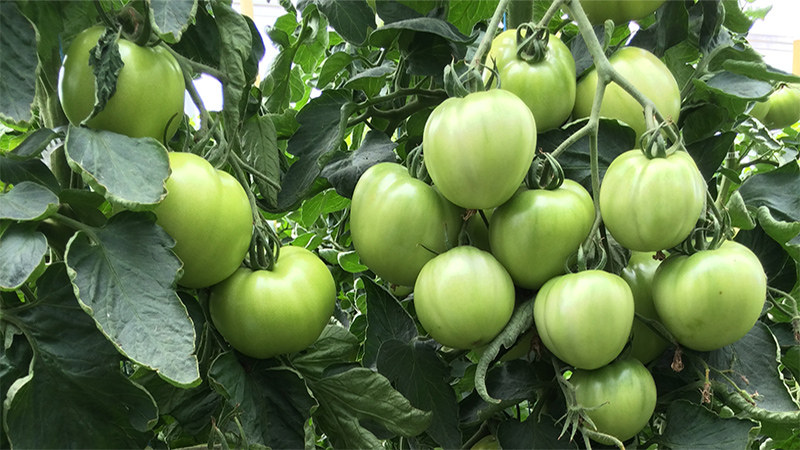Sustainable Slug Control
While the slug control markets in different European countries vary in terms of the balance of active ingredients, the environmental context in which they are used presents legislative and stewardship pressures for farmers and growers.
In the molluscicide market, management of their impact on the environment is critical.
In accordance with the Environmental Action Programs of the European Community, European governments have targeted a significant overall reduction in the risks and uses of pesticides, consistent with the necessary crop protection. Likewise, the governments introduced regulations guiding implementation of the Directive 2009/128/EC on the sustainable use of pesticides.
The requirements include:
- Establishment of National Action Plans
- Compulsory testing of equipment
- Provision of training and certification of operators, advisors and users
- Provisions to protect water, public spaces and conservation areas
As governments work towards reducing pesticide use (for example, the French Action Plan, ‘Ecophyto2018’ of 2008, aims to achieve 50% reduction in pesticide usage by 2018), the farming industry is faced with a restricted range of active substances available.
New Solutions
Traditionally, metaldehyde or methiocarb have been used in Europe for effective control of slugs and snails. Concerns arose in 2008, following the appearance in the UK of traces of metaldehyde in water at levels exceeding EU drinking water standards. The product has since been under close scrutiny.
Recognizing the seriousness of the situation and the potential threat to continued use of the product, the industry responded by developing strategies for best practice usage to help achieve compliance with the stringent standards.
In France, for example, distributors and agricultural cooperatives developed strategies to prevent water pollution, and national research institutes have conducted trials to inform these strategies. In the UK, the Metaldehyde Stewardship Group (MSG) was established by a group of product manufacturers (Lonza, Certis, Chiltern Farm Chemicals, De Sangosse, Doff Portland, Frunol Delicia and Makhteshim Agan in 2009. The group aimed to promote and encourage best practice advice for the responsible use of metaldehyde slug pellets in order to minimize environmental impact and protect water. MSG launched a campaign, “Get Pelletwise,” to inform users about training and the practices they must adopt.
Slug Populations at ‘Unparalleled Levels’
With the adoption of these strategies and given the very dry conditions in much of Europe over the last several summers, the slug problem has been held in check.
However, 2012 has been an exceptional year in terms of rainfall and, with ideal conditions in spring and the early part of the summer, slug populations have reached unparalleled levels and pose a serious threat to the autumn establishment of cereals and oilseed rape, requiring the use of control measures.
“As a result of MSG’s work distributors, consultants and farmers are well aware of the risk metaldehyde poses to water in vulnerable catchment areas and the very high risk occasioned by the weather conditions this year,” says Robert Lidstone of Certis Europe UK and MSG. “Suppliers are promoting the need for a planned strategy with a programmed approach using different active ingredients and carefully monitored, responsible use if farmers are to maintain a choice of products.”
Products containing ferric phosphate are proving to be a valuable part of the programmed approach, offering an additional option giving control equal to products based on other AIs, but with very low risks to the environment and non-target species.
“Effective slug control is likely to be particularly important this year and we are delighted that research has confirmed the efficacy of the available products, based on different active ingredients,” says Pierre Taupin of ARVALIS Institut du Végétal, Service Génétique et Protection des Plantes. “Responsible usage of these various products will assist farmers in respecting stewardship requirements for protection of the environment whilst also safeguarding their crops.”
While damp conditions certainly favor slug activity, they will still be present in large numbers even if the weather turns dry. Germination may be slow if planting is late and, with a heavy burden of slugs, farmers face a high-risk situation. In the UK, the timing for applying the programmed products to protect establishing crops will be critical. In many areas, soils are saturated and only a moderate amount of rain will cause drains and streams to flow, so extreme care and adherence to stewardship guidelines will be required to avoid problems in water courses.
Gill Norriss is a public relations specialist for Certis, which recently unveiled research about Sluxx, its ferric phosphate-based insecticide. Sluxx is promoted to have a low impact on water, non-target species and environmental toxicity. It is available in the UK, France, Germany, Netherlands and Belgium and in the process of registration elsewhere in Europe.





